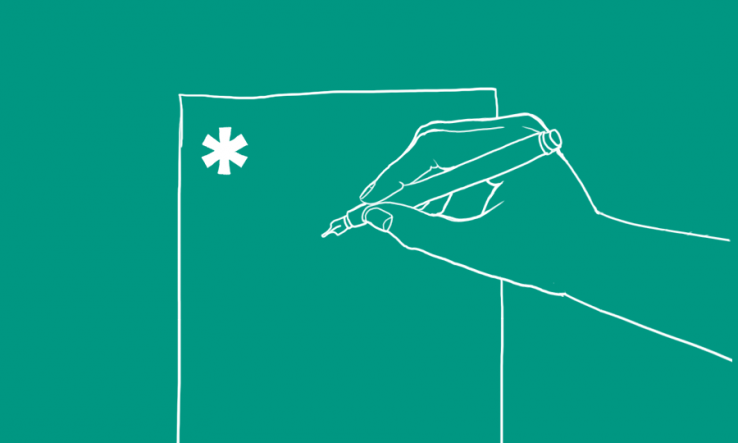
As the war continues, Ukraine’s researchers look to the future
Russia launched its full-scale invasion of Ukraine two years ago this week. Since then more than 10,000 civilians have been killed, according to the UN, with tens of thousands more military fatalities. About 10 million people have been displaced.
Ukraine’s research sector has suffered deeply. Ukrainian journalist Svitlana Galata offers a sobering reminder of the conflict’s toll: more than 6,000 of Ukraine’s scientists have been forced to move abroad, and more than 700 laboratories and research complexes have been damaged or destroyed, according to the country’s Ministry of Education and Science.
But there are signs of hope for the rebuilding of the country’s research capacity. Last year the National Research Foundation of Ukraine had some government funding restored after its whole grant budget was diverted to the country’s defence spending in 2022.
Ukraine’s institutions have secured international support to reinstate scientific equipment and to carry out research itself. Some of this funding has come about through new connections made by displaced Ukrainian researchers.
As Galata points out, while the war has accelerated the internationalisation of Ukrainian research, many partnerships have roots that predate the 2022 invasion. The inherent openness of the international scientific community to collaboration has provided a base from which to meet the immense challenges of the past two years.
But the conflict has also, as is well documented, led to major problems for those international research projects dependent on collaboration with Russia.
Nowhere is this more apparent than in Arctic research, with cooperation frozen between the Western Arctic states and Russia on the Arctic Council—a regional organisation that supports projects on climate change and maritime emergencies.
Russia has now raised the possibility that it could pull out of the council in future; last week, the annual meeting in Denver of the American Association for the Advancement of Science heard that “a quarter-century of Arctic cooperation has been placed in peril”.
There is no easy path forward, but science-diplomacy expert Paul Berkman said at a meeting session that the consequences of Russia leaving the council are so great, it would be prudent to re-engage with it in some way.
The long-term future of Ukraine’s research capacity is also the subject of increasing focus. Oksana Seumenicht, co-founder of the German-Ukrainian Academic Society, issued a renewed call this week for the international community to shift its efforts from emergency support to longer-term goals.
Writing on the European University Association’s website, Seumenicht urged organisations that wish to support Ukrainian academia to do so in a way that helps the rebuilding of its research capacity. This could, for example, include double affiliation for academics at host and Ukrainian institutions, to counter long-term brain drain and support the building of new partnerships.
In Seumenicht’s words: “Even in the current terrible and tragic situation, there is a unique chance to achieve ‘post-traumatic growth’, both for Ukraine and for Europe.”
Research Europe wholeheartedly endorses her message.
This article also appeared in Research Europe